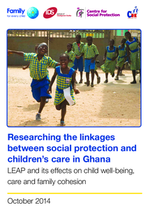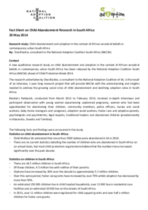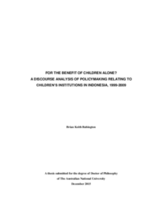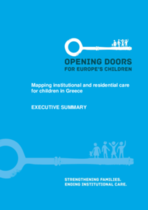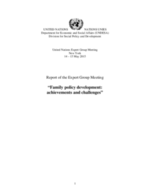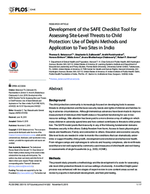Researching the linkages between social protection and children’s care in Ghana: LEAP and its effects on child well-being, care and family cohesion
This report was written by Keetie Roelen and Helen Karki Chettri from the Centre for Social Protection (CSP) at the Institute of Development Studies (IDS), with inputs and support from Family for Every Child and Challenging Heights, Ghana. The report investigates the links between child wellbeing, children’s care, family cohesion and the Livelihood Empowerment Against Poverty Programme (LEAP), a national social protection scheme in Ghana which aims to reduce extreme poverty in the country and is centred on providing cash transfers to the most vulnerable.

